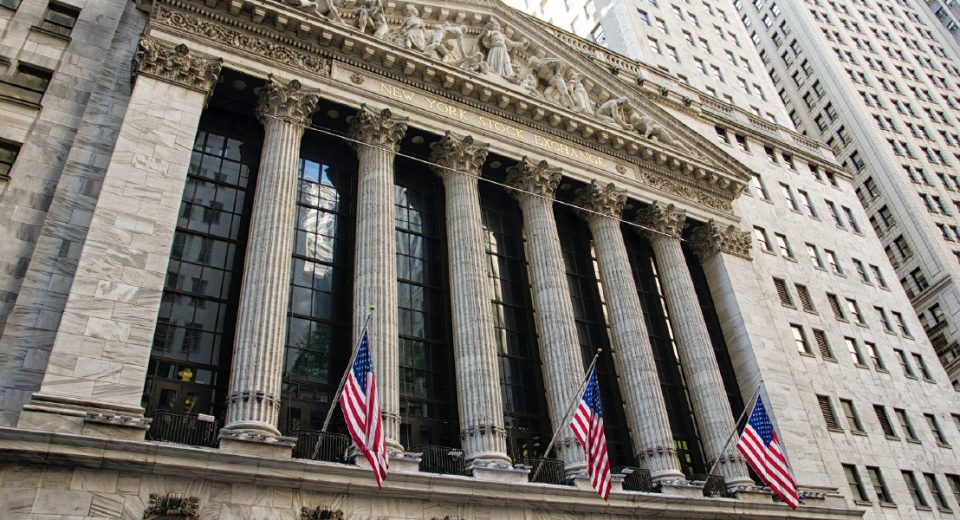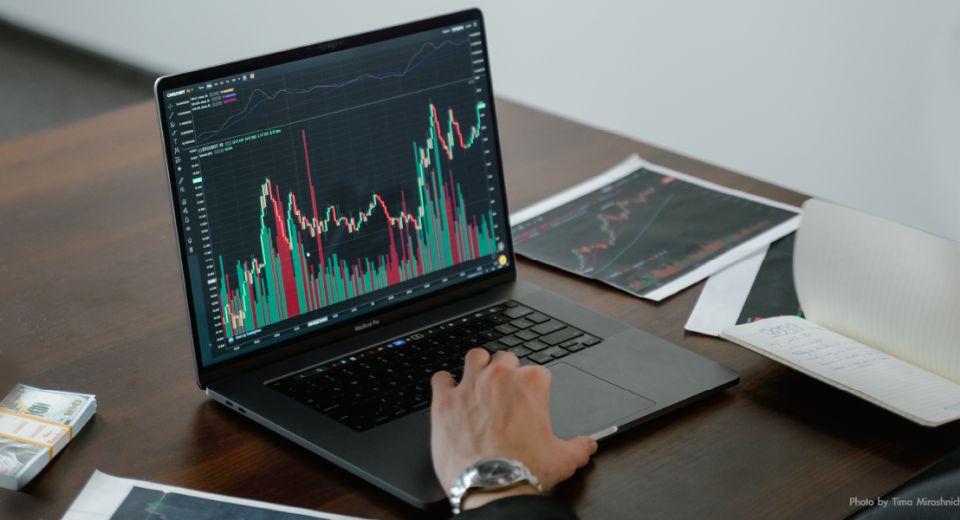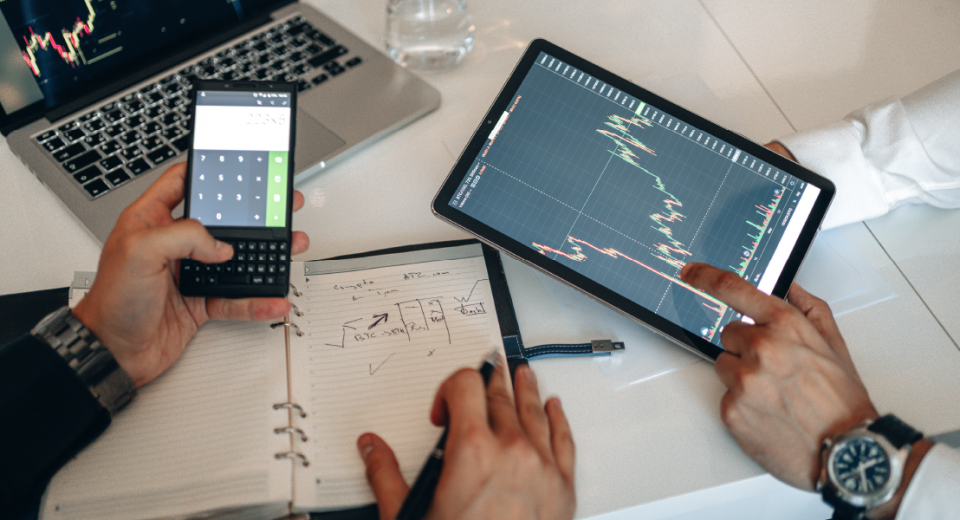What is the Difference Between Trading Futures and ETFs?

Both futures contracts and ETFs are popular financial instruments that allow investors to fulfil a wide variety of investment objectives, including execution of hedging strategies and short-term scalping opportunities. However, they also have several key differences. So, before we start comparing the two instruments, it is important to have a clear idea about their fundamental concepts.
ETFs and Futures: What Exactly are They?
An Exchange Traded Fund (ETF) is an investment fund that allows you to pool your money in a fund that invests in bonds, stocks or other assets. So, an ETF combines the features of a mutual fund with the functionalities of stock trading. Since being introduced in 1993, ETFs have risen in popularity among financial market participants. The global market currently has more than 5,000 ETF offerings worth around US$3 trillion, consisting of almost every single asset class.
Futures contracts are a type of financial derivative. These are agreements that allow you to buy or sell a particular quantity of an asset, at a specific price, on a pre-decided date in the future. Standardised futures contracts have remained the global benchmark for derivative products. In 2017, around 14.8 billion futures contracts were bought and sold worldwide.
So, how do these two investment vehicles differ from each other? Here’s a look at some key aspects.
Liquidity and Volatility
If you are an active trader, you are likely to be on the lookout for consistent volatility and liquidity in a target instrument. ETFs and futures listings show unique levels of both these aspects.
Futures have a number of distinct characteristics that can improve market turbulence, such as:
1. High Leverage
The assets being traded thought a futures contract is greatly leveraged and the required margins are set by each exchange. Usually, this leverage lies between 5% and 15% of the total contract value.
On the other hand, margins for ETFs are set at a standard level of 50%.
2. Rollover
There can be a spike in pricing volatility due to the expiration of an existing futures contract. In contrast, since ETFs don’t have an expiry date, there is no rollover duration for investors to take advantage of.
3. Direct Pricing
The value of a futures contract is directly connected to the value of the related asset. For example, if gold prices increase in the spot market, the value of gold futures increases as well. On the other hand, the value of an ETF is dependant on a collection of different assets. So, even though there may be a rise in gold prices, the price of gold ETFs can vary. Other external factors, such as a decrease in interest in ETFs or corporate earnings, could also limit the returns.
Talking about ETF volatility, reports by the Securities and Exchange Commission (SEC) of the United States suggest that equity ETF products have tighter spreads and more turnover than the individual stocks they contain. This deviation is majorly due to the high frequency trading practices that boost volumes.
But when compared to futures, ETFs show lower degrees of periodic price volatility. Apart from pricing volatility, a robust, deep market can enable you to execute trades efficiently, while minimising slippage.
For the world’s most popular products, futures contracts offer greater average daily traded volumes and deeper markets than ETFs. An increase in the level of participation helps execute orders with little or no slippage and with tighter spreads.
Apart from this, the futures market is open almost 24 hours a day, five days a week, while ETFs have set market hours that mostly correspond to the associated equity markets.
Associated Fees and Taxes
Another important aspect of trading is to keep in mind the taxes and fees involved. One good way to streamline the expenditure involved with a trading operation is to eliminate any undue commissions, management fees or tax liabilities.
Commissions and Fees
ETFs usually stick to a 0.44% annual expense ratio, while futures traders can avoid this fee, unless they take part in a managed futures program.
Futures contracts are subject to brokerage commission that varies from broker to broker. Since ETFs trade in a similar manner to stocks, they are also subject to such commission.
Taxes
Tax liabilities can become an issue, irrespective of whether you are a novice or a pro trader. Tax rates on futures contracts and ETFs differ across nations, the included assets and the holding period.
The tax laws related to futures trading can be quite difficult to understand for some. This is because the rates can differ wildly and they are dependent on the frequency of trade, i.e., whether it is speculative. The tax rates are also influenced by the rules of the local municipality.
For ETFs, the country where the product is purchased or sold is very important. The reason is that the capital gains tax varies according to location. For example, ETFs in the UK may be taxed at a capital gains rate of 18% or 28%, but other countries may have lesser or higher tax rates.
In a nutshell, the commissions and fees involved in futures trading are lower than those for ETF trading. But still, you must apply your own analysis and be aware of the local tax liabilities and pay them accordingly.
Think Before You Choose
Choosing a market instrument requires careful assessment to make an informed decision. While futures can offer you improved volatility, extensive leverage and market liquidity, ETFs offer easy market access for retail traders, long-term investment features and a professionally managed fund.
So, the final decision has to be associated with your investment goals and the time you can give to monitoring your investments. The market instrument that can help align your available resources to your trading objectives is the one that will improve your chances of success.




